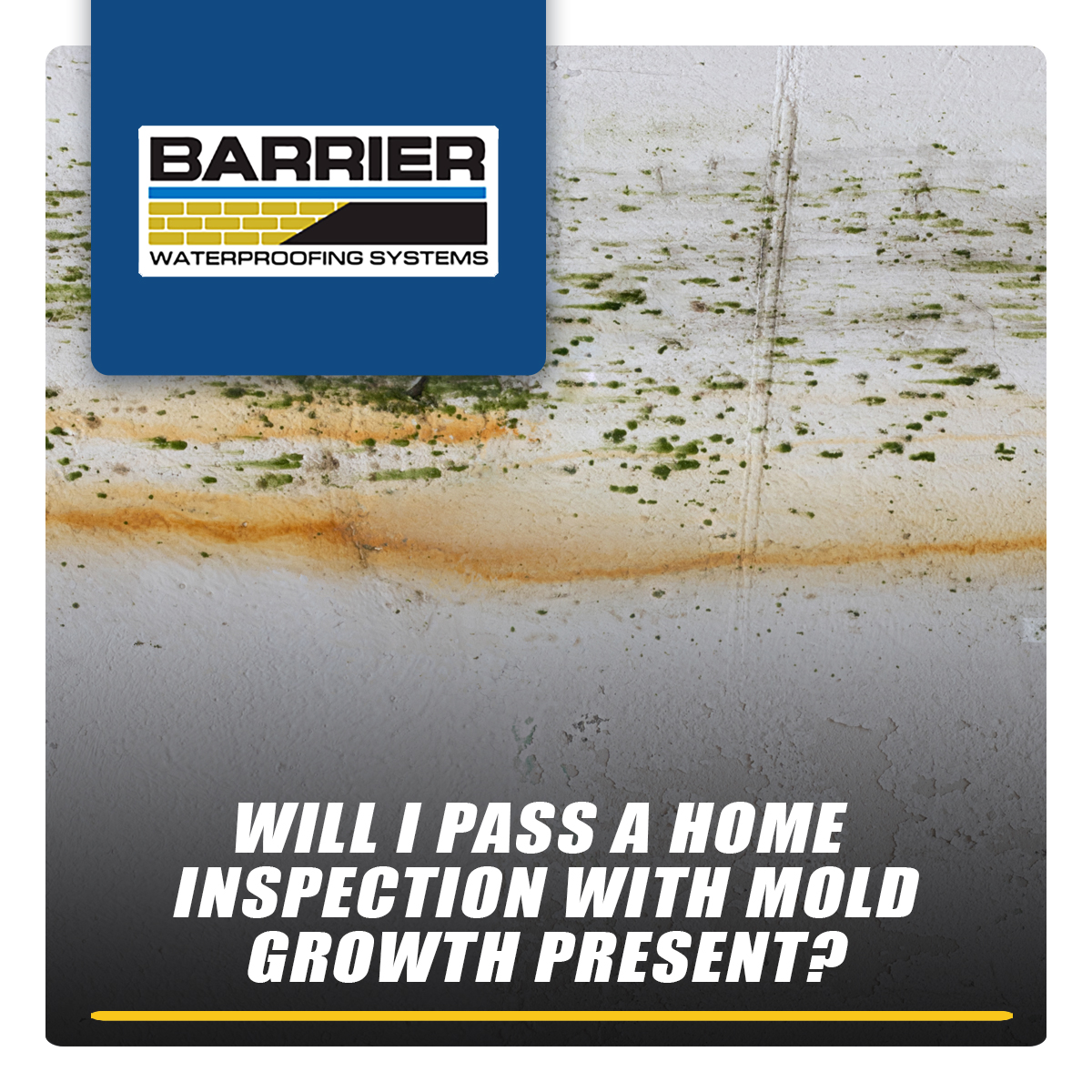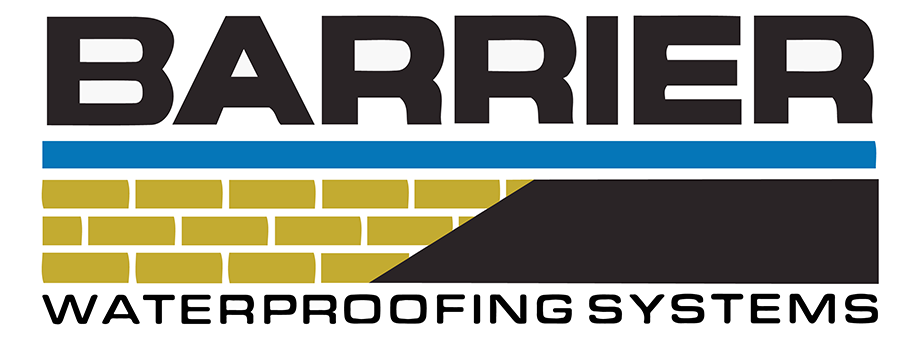Mold would be one of the last things any homeowner desires to discover in their home. It causes damage to your home and could have an impact on your health. Not only does it cause some serious problems, but it can also be very hard to eradicate safely, depending on the type. Preventing mold in the first place is always the safest alternative. However, if you have a mold growth issue in your home, it is feasible to clean it up safely and ensure that it does not return. It is critical to follow the proper steps and use the appropriate tools to eliminate mold in your house, especially if you are facing an upcoming home inspection with mold present:
Why is mold removal so important?
Mold may aggravate or intensify your family’s health-related issues on top of the musty odor and damage it creates for the surfaces it grows on. Further review of numerous studies on indoor mold exposure has revealed some alarming variables. Excess moisture content encourages mold growth and is linked to an increase in the prevalence of allergy-like symptoms and infection. Ideally, it is best to avoid any and all mold-related ramifications by eradicating the mold problem from your home. This is one of the reasons why you want to consider correcting the problem before entering a home inspection with mold present.
An inspector may not simply fail your inspection because of the mold, however, if their client is asking about mold specifically, it can raise a huge red flag. Additionally, inspectors do look for signs of water damage to identify any possible plumbing issues, etc., and mold is one of those indicators! No matter what, removing the mold, and resolving the issues that led to it, is a must-do.
What causes mold, and how can you avoid it?
Mold is kind of a fungus that emits spores into the surrounding environment. Mold spores accumulate in the air, moving in the atmosphere of your home and landing on various surfaces. Every house (and just about every other building on the planet, for that matter!) contains mold spores; there is no way to eliminate each mold spore in your household.
Why does mold not grow in certain places?
Mold spores generally require two conditions to develop into mold: humidity and darkness. This implies you can prevent mold by removing the possibility of these conditions from developing in your home.
Molds can thrive anywhere there is a leak that is not cleaned up in a timely manner or repaired properly. This doesn’t matter if it’s a roof leak that causes mold in the crawl space or a piping leak that causes mold to grow in your kitchen cabinets. Mold is still the most prevalent in basement areas, where underground water seepage and moisture can cause dampness and in most cases is dark throughout the day.
Some other common places are found in the kitchens and bathrooms with inadequate moisture ventilation. Mold prevention takes some work up front, but it saves you a lot of work and strife in the long run.
To begin, consider the following.
- Homeowners must repair all leaks immediately.
- Clean up spills and allow wet carpets to dry thoroughly.
- In damp areas of the home, use a dehumidifier.
- Improve ventilation in bathrooms and in the kitchen.
- To reduce basement leakage, direct drainage away from your home.
Professional mold remediation costs vary by region and are determined by the size and extent of the mold concern. Larger mold concerns, especially mold that has spread through the ducts in the home’s HVAC system, most certainly necessitates professional mold removal. For emergency mold situations like these, Barrier Waterproofing Systems can help!
Getting rid of mold:
The initial step in dealing with mold is determining whether it is a problem you can handle yourself or if professional mold remediation is required. (In most mold infestation cases, professional mold remediation is the safest and most effective way to go!) The mold that impacts an area of 3 feet by 3 feet or less, according to the EPA, can be efficiently removed by the homeowner. Black mold can create an exception in larger amounts, as this type of mold poses more health concerns than others.
How do you permanently get mold out of house walls?
- The walls must be properly dried if it is constructed of a non-porous material, such as finished stone or wood. Using a dehumidifier, proper ventilation, or a wet vacuum are possible options for maintaining dry walls. After that, a damp wipe-down of the space should eliminate most of the mold. Cleaning solutions designed for mold removal are useful, but bleaching moldy areas or using other biocides is unnecessary when it comes to less harmful types.
- It is impractical to eradicate all molds from tiny corners and holes in the wall made of porous materials such as plaster drywall, wallpaper, or unfinished wood. The affected wall section must be removed and replaced in these situations. Our mold removal specialists advise against using paint over the top of the mold, which can cause further damage and become very costly. This is because the paint does not kill the mold.
How to remove mold from a basement or crawlspace?
- Mold removal in basement or crawl space areas is similar to that of walls and ceilings. However, the source of the mold may be especially difficult to deal with in these areas. It is critical to address the source of the moisture issue that originally caused the mold. A damp and moldy basement or attic could simply result from excessive humidity, among other things.
- Remember that mold-contaminated soft, porous surfaces should almost always be discarded and replaced. Mold is nearly impossible to completely remove from carpets and rugs without heavier industrial cleaning methods.
- While mold remediation can be messy and time-consuming, it is not impossible for homeowners to execute. The key steps in removing mold are trying to first remove all visible mold, thoroughly drying the area, and resolving whatever caused the moisture in the first place.
- Most of your mold removal needs can be met with a thorough wash down with a wet cloth, household ingredients like vinegar or a commercial cleaner, and a HEPA vacuum. However, if the mold problem is intensively hazardous, you should contact the professionals.
Barrier Waterproofing Systems is the best local and professional choice for mold removal or basement waterproofing services. Our team can build an efficient drainage system for preventing the problematic moisture intrusion causing any mold growth in your home. We will help you determine the best-fitted system for your home, so you can live with your family in a happy, healthy environment. Give us a call at (615) 257-1060 | (931) 536-1168 today for more information.

